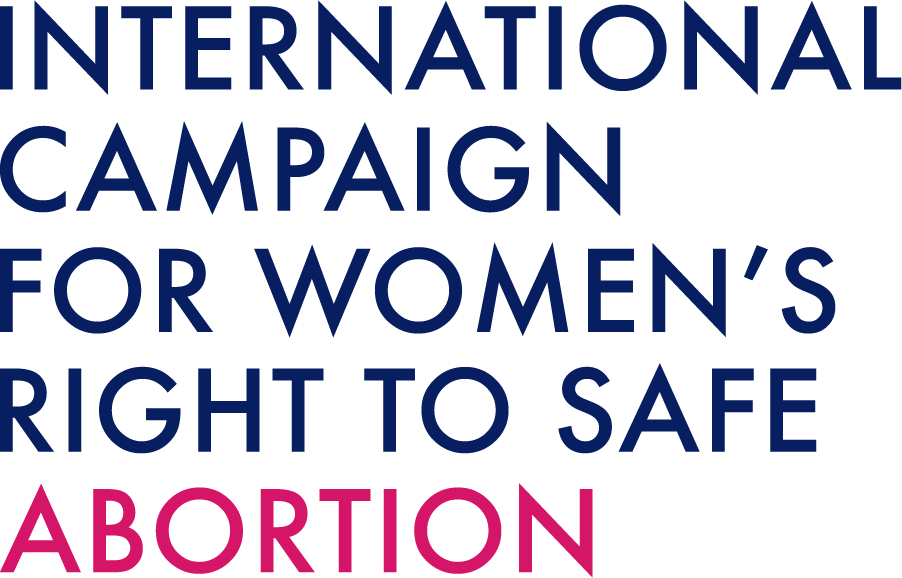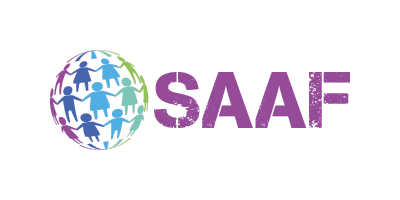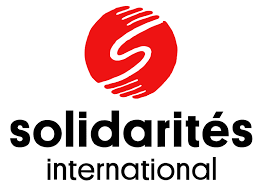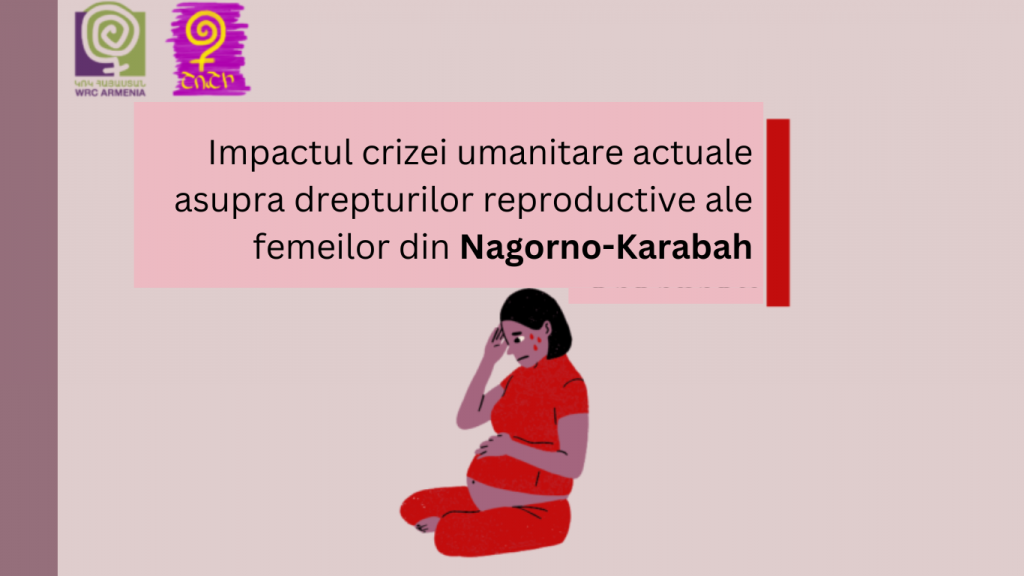
The Nagorno Karabakh humanitarian catastrophe and sexual and reproductive rights of displaced women
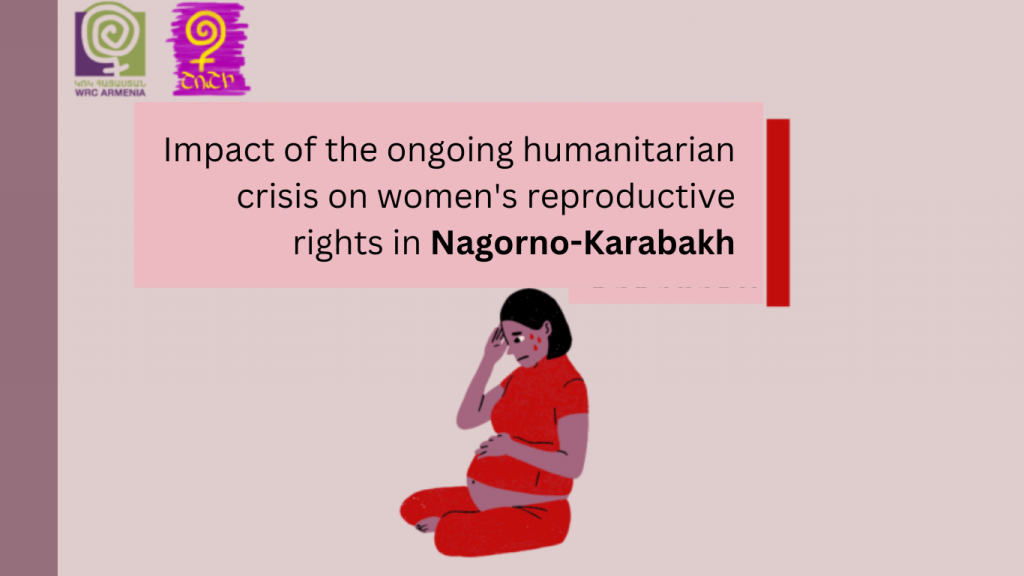 Since 24 September 2023, the Government of Armenia reported the arrival of 106.321 new refugees.The proportions were relatively consistent across sex and gender, with the exception of women aged 65 and older, who arrived in higher numbers.
Since 24 September 2023, the Government of Armenia reported the arrival of 106.321 new refugees.The proportions were relatively consistent across sex and gender, with the exception of women aged 65 and older, who arrived in higher numbers.
The 10-month blockade of Nagorno-Karabakh by Azerbaijan posed a significant challenge to women’s rights, specifically their sexual and reproductive rights. The military operation on September 19, which resulted in numerous civilian injuries only intensified this crisis.
In this situation, giving birth was particularly challenging for women due to the lack of electricity, limited access to medical supplies, and hospitals overwhelmed with wounded individuals. Many individuals have endured days of waiting in line to leave Nagorno-Karabakh, as the sole route to Armenia became congested with vehicles, resulting in a significant traffic jam on the winding mountain road. It was especially tough for women who had lost their husbands to arrange the move for themselves and their kids.
The last groups of displaced individuals comprised not only single/widowed women but also residents from care facilities for the elderly and disabled. A birth also occurred during the journey to Armenia, and it was welcomed and supported by the people in the nearby crowded vehicles on 26 September.
During these days, many women’s needs, including those related to sexual and reproductive health, went unattended during the long traffic jams. Throughout the arduous 40-plus-hour journey, in overcrowded vehicles, discussions about menstrual hygiene, access to menstrual pads, and the healthcare requirements of pregnant women were notably absent, as everyone’s primary focus was solely on reaching Armenia.
Currently, when more than 100,000 displaced people have arrived in Armenia, half of whom are women and girls, their sexual and reproductive needs are still not being addressed, including those women who live in state-provided shelters. And although the state provides this group with all the rights enjoyed by Armenian citizens, it is obvious that the women of this group need a more comprehensive and sensitive response to their reproductive needs.
Source: ASTRA






